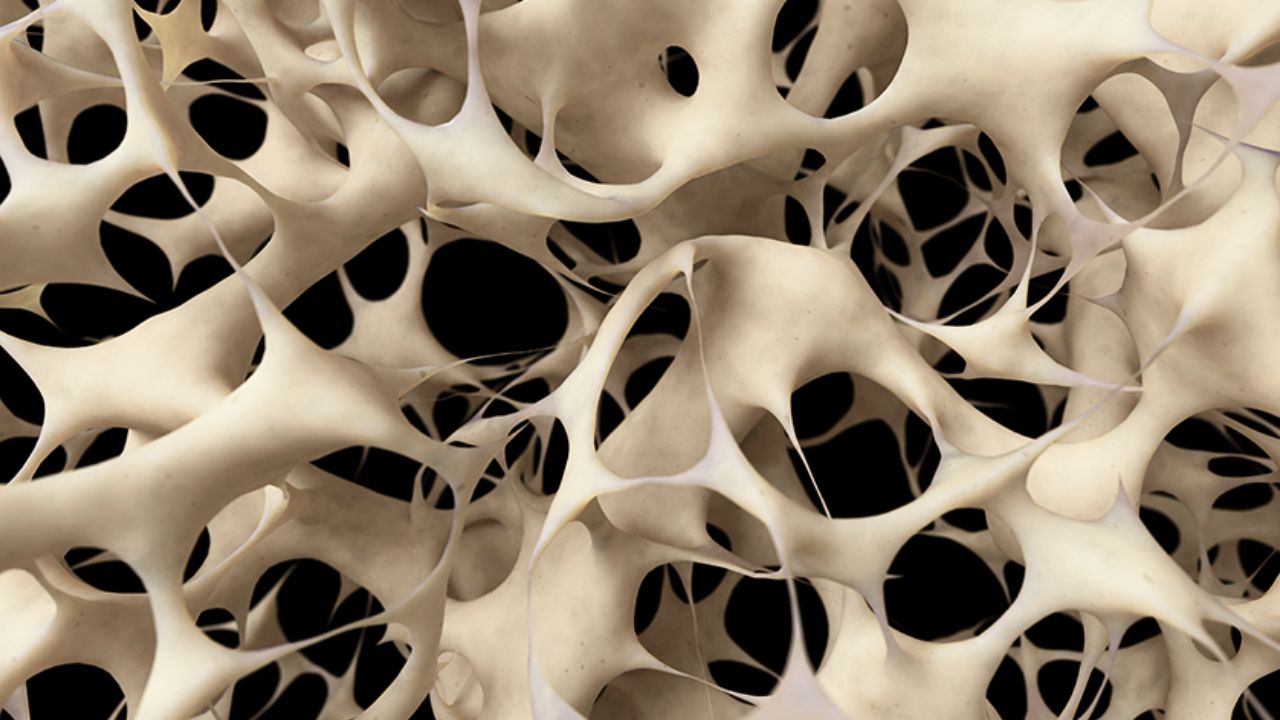Every three seconds, somewhere in the world, someone is diagnosed with dementia. Most of the time, it’s Alzheimer’s disease (AD)—a condition now on track to become one of the biggest public health challenges of this century. Today, around 50 million people live with Alzheimer’s worldwide. By 2050, that number is projected to soar past 130 million.
The toll won’t just be measured in hospital beds and memory care units. Families, communities, and economies will all feel the weight. Yet new research insists the trajectory doesn’t have to be inevitable.
A Prevention Playbook
In 2024, the Lancet Commission on Dementia Prevention, Intervention, and Care reported that up to one-third of Alzheimer’s cases could be prevented if we addressed certain risk factors. The list is long—14 in total—ranging from diabetes and smoking to hearing loss and air pollution.
But here’s the problem: most of us aren’t going to remember 14 separate health targets, let alone manage them consistently for decades. What Alzheimer’s prevention needs is what stroke prevention already has—a simple, memorable tool, like the “FAST” acronym for recognizing stroke symptoms.
That’s where SHIELD comes in: Sleep, Head injury prevention, Exercise, Learning, and Diet. It’s a straightforward framework built around the most impactful, evidence-based steps for protecting long-term brain health.
Sleep: The Brain’s Night Shift
Sleep isn’t just rest—it’s repair. Deep sleep helps clear away amyloid-beta, the sticky protein linked to Alzheimer’s. Chronic sleep deprivation, especially less than five hours a night in midlife, accelerates risk.
Poor sleep also worsens obesity, hypertension, and depression—all of which compound Alzheimer’s risk. Making sleep a non-negotiable habit—seven to nine hours per night—may be one of the easiest, cheapest forms of prevention.
Head Injury: An Overlooked Threat
Concussions and traumatic brain injuries (TBIs) don’t just cause short-term problems; they raise the risk of dementia years later. And head injuries aren’t limited to athletes. Domestic violence, workplace accidents, and car crashes all contribute.
Preventing TBIs through stronger helmet standards, stricter sports protocols, and broader injury prevention policies can be as crucial to dementia prevention as any medication in development.
Exercise: Brain Medicine in Motion
Physical activity reduces obesity, regulates blood pressure, lowers cholesterol, and eases depression—all dementia risk factors. But it also directly stimulates the birth of new brain cells and strengthens neural connections.
Even moderate activity—brisk walking for 30 minutes, five times a week—has measurable benefits. In fact, the World Health Organization estimates that physical inactivity may contribute to up to 20% of Alzheimer’s cases in wealthier nations.
Learning: Building Cognitive Reserve
Education protects. The more we challenge our brains, the more resilient they become to age-related decline. Finishing secondary school is strongly associated with reduced dementia risk, but lifelong learning matters too.
Picking up a new language, taking an online class, or even learning a musical instrument helps build “cognitive reserve”—the brain’s ability to keep functioning despite damage. This reserve doesn’t prevent Alzheimer’s pathology, but it delays the symptoms, buying precious years of independence.
Diet: Feeding the Mind
Food is medicine for the brain. While no single food prevents Alzheimer’s, dietary patterns like the Mediterranean diet—rich in vegetables, fruits, whole grains, nuts, fish, and olive oil—are consistently linked to reduced risk.
This way of eating supports vascular health, reduces inflammation, and stabilizes blood sugar, all of which influence brain function. Cutting back on processed foods, red meat, and refined sugars makes the benefits even stronger.
Why SHIELD Matters
Alzheimer’s has no cure, and treatments so far only slow progression slightly. Prevention, therefore, is our strongest tool. SHIELD simplifies a daunting list of scientific findings into five actions anyone can remember and act on.
It’s not a guarantee—genetics still play a role—but adopting SHIELD early and consistently can dramatically tilt the odds in our favor.
The future isn’t written yet. While projections say more than 130 million people will have Alzheimer’s by mid-century, frameworks like SHIELD remind us that the disease is not destiny. Protecting our memories starts with everyday choices made long before symptoms ever appear.
FAQs:
Can Alzheimer’s disease really be prevented?
Not entirely, but research shows up to one-third of cases may be delayed or avoided by addressing key risk factors.
Is SHIELD scientifically proven?
Yes. Each element—sleep, head injury prevention, exercise, learning, and diet—is supported by peer-reviewed research, including reports from The Lancet and the World Health Organization.
Does family history outweigh lifestyle changes?
Genetics raise risk, but lifestyle factors still play a major role. Even those with a family history can benefit from prevention strategies.


















